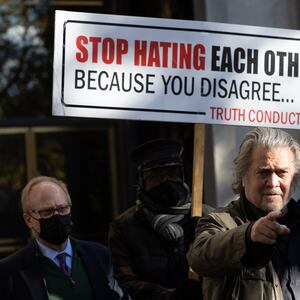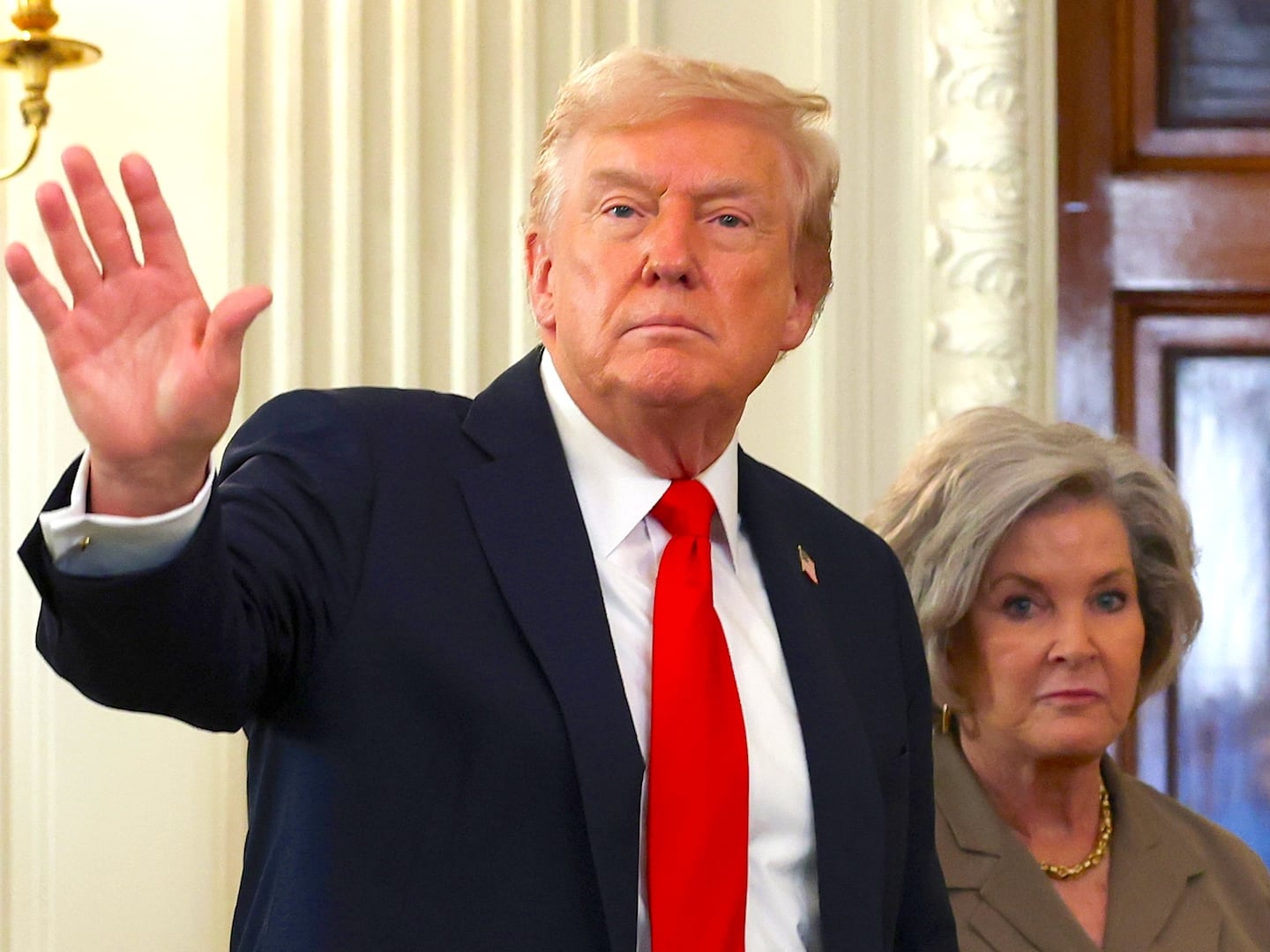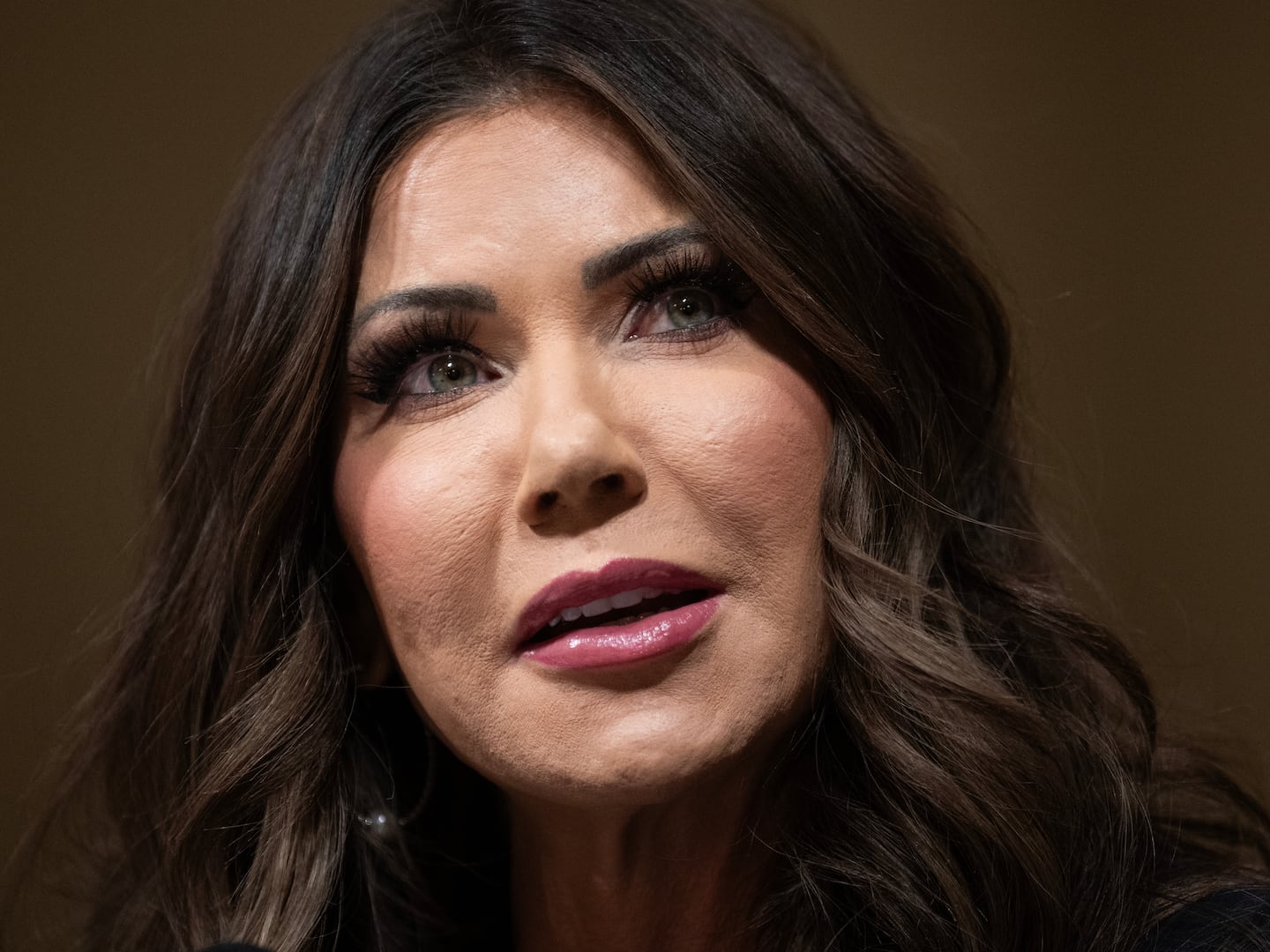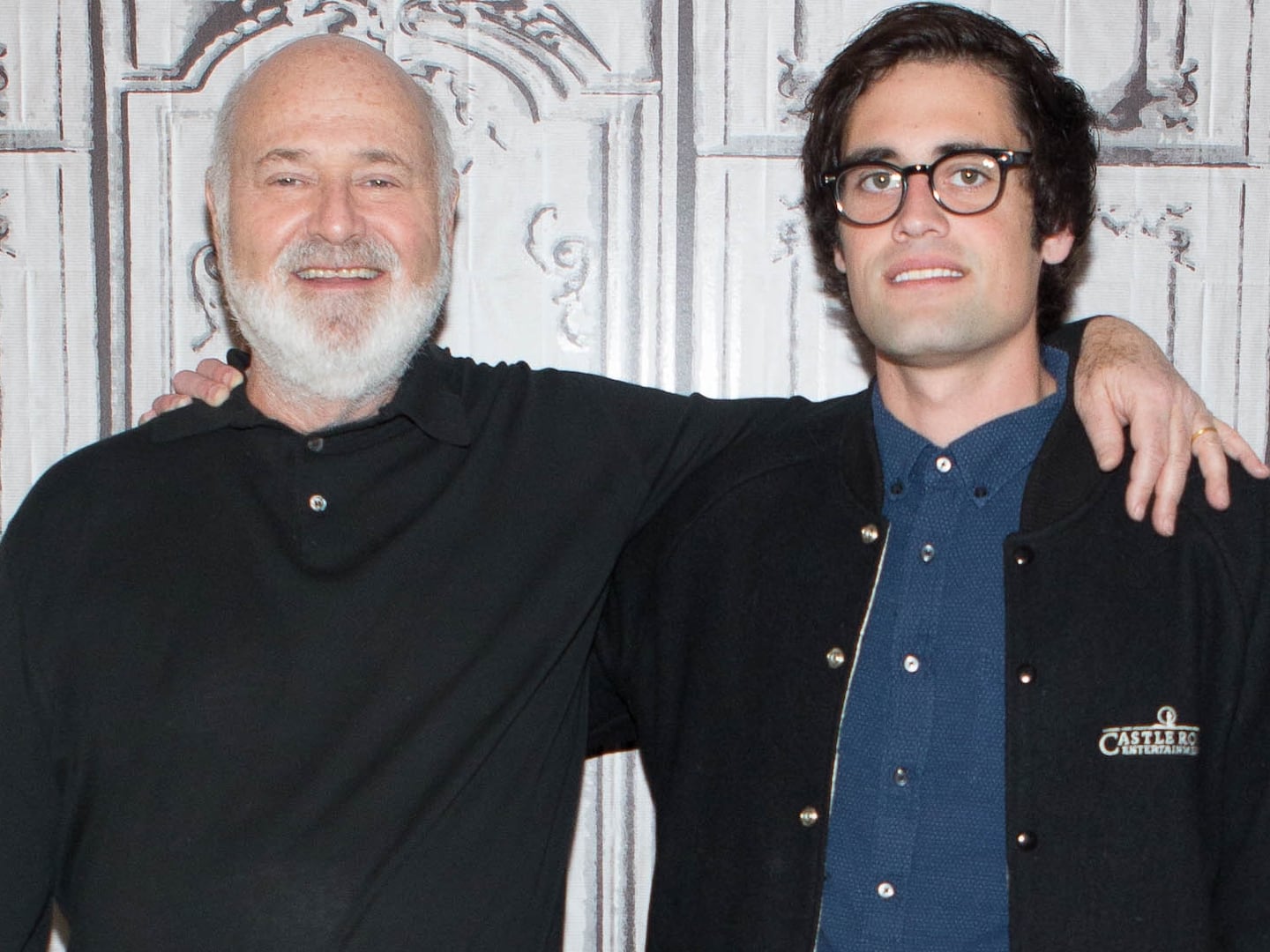The Justice Department has already weaponized informal discussions with Steve Bannon’s lawyer to turn him into a witness against his own client. But now, the right-wing provocateur is trying to seize on those same FBI interviews to turn the tables on the Jan. 6 Committee.
This week, House Speaker Nancy Pelosi (D-CA) chimed in on the ongoing criminal case against Bannon for “contempt of Congress,” with lawyers asking for permission to make some necessary clarifications in front of the federal judge overseeing Bannon’s case. Pelosi wanted to defend the legitimacy of the committee’s congressional subpoena that started this whole mess—the one Bannon ignored by refusing to appear before the panel and answer questions about his role in the insurrection last year.
The committee is once again in an argument over whether it can legally issue subpoenas, as the sign-off of a ranking member is required for congressional subpoena power, and Bannon’s lawyers argue that vice chair of the Jan. 6 committee, Rep. Liz Cheney (R-WY), doesn’t count because it was Democrats, not Republicans, who gave her that position.
The top attorney for the House of Representatives has already written a legal paper outlining how Cheney qualifies as the ranking member.
“Representative Cheney, by virtue of being the first minority party member appointed to the select committee, is, by definition, the senior ranking minority member,” attorney Douglas Letter wrote, citing “the House’s long-standing interpretation” of the term.
But Bannon’s lawyers are now seizing on something Letter told the FBI when he spoke to them on Nov. 2, 2021.
According to an FBI summary of the interview with three special agents, "Letter explained that the select committee was specifically appointed by the speaker of the House and there were no majority or ranking members. Representative Liz Cheney is acknowledged to be the vice chair of the select committee; since the select committee has a chair and a vice chair, there are no express rules for the vice chair as there would be for a ranking member."
On Thursday, Bannon lawyer David Schoen told The Daily Beast that the stark contrast shows how the House’s own attorney is undermining the subpoena’s legitimacy. And he noted that Letter spoke to FBI special agents knowing all too well that lying to federal law enforcement is a crime.
“His position is untenable on the rules,” Schoen said. “In that interview, he says unequivocally that there’s no ranking minority member in this committee. He was of course 100 percent right at that time. There is no ranking minority member. That’s a term of art. He knows what that means.”
The Republican Party tried to make the same arguments about a missing ranking minority member back in March, when it sued Pelosi to block the Jan. 6 committee’s investigative subpoenas. That effort failed when U.S. District Judge Timothy J. Kelly dismissed the relevant portions of the lawsuit. He concluded that “the court must defer to the select committee’s decision to treat Representative Cheney as the ranking minority member.” As a lower level federal court judge, his ruling is not binding on other judges, but it shows how this gambit is something of a long shot.
However, that lawsuit never cited Letter’s contradictory assertions in these FBI 302 forms, as these interview summaries are called. The question is now before the court where Bannon will soon face trial, and the result might be different. U.S. District Judge Carl J. Nichols is presently considering whether to accept the amicus brief written by House of Representatives lawyers. And if he does, Bannon’s defense team will seize on the discrepancy.
When the amicus brief was presented publicly on Tuesday, a statement by Pelosi made no mention of the contrast. Instead, it focused on commending the Justice Department “for moving to hold Bannon accountable for his blatant defiance of a lawful subpoena.”
“By addressing many of Bannon’s baseless arguments before the D.C. District Court, the House continues to defend this constitutional power as well as its essential prerogative to establish its own rules and practices,” Pelosi’s statement said.
But even Pelosi’s attempt to intervene in Bannon’s criminal case is still mired in politics. According to congressional lawyers, House leadership couldn’t even agree whether or not to submit this legal letter to the federal judge. In a recent vote by the so-called bipartisan legal advisory group—composed of Speaker Pelosi, Majority Leader Steny Hoyer (D-MD), Majority Whip Jim Clyburn (D-SC), Minority Leader Kevin McCarthy (R-CA), and Minority Whip Steve Scalise (R-LA)—the group was split along party lines. Both Republicans refused to sign off on the document, so in essence, House Democrats are defending the Jan. 6 Committee on their own.
Although institutional rules say the five-person group of politicians “speaks for, and articulates the institutional position of the House in all litigation matters,” McCarthy and Scalise refused to support the amicus brief “out of concern for damaging institutional prerogatives,” according to a source.
Despite all the esoteric legal arguments now at play, the core facts of Bannon’s situation are pretty plain: He was commanded to testify and turn over documents, and he didn’t do it. And while he could have avoided this entire debacle by simply showing up and staying quiet by pleading the Fifth Amendment right against self-discrimination, he instead has made himself a political martyr—while openly discussing the MAGA crowd’s refusal to accept the 2020 election results on his War Room podcast.
These FBI interviews could play a prominent role at a court hearing scheduled later this month. It would be the second time the FBI’s involvement in the case draws attention. As The Daily Beast revealed in March, the FBI cast a questionable dragnet by secretly collecting a history of the communications of another Bannon lawyer, Robert Costello—in a manner so sloppy that they actually vacuumed up information about other Bob Costellos in other states.
Last Friday, the DOJ revealed that it had, in fact, always considered the attorney a witness to a crime.
In a court filing, federal prosecutors doubled down on their aggressive—and rare—tactic of roping a criminal suspect’s lawyer into their investigation.
“The defendant has chosen to retain the same attorney who was a witness to his crime in this case,” they wrote, saying their decision should not be understood to “mean the prosecution somehow turned Mr. Costello into a witness—he already was.”









